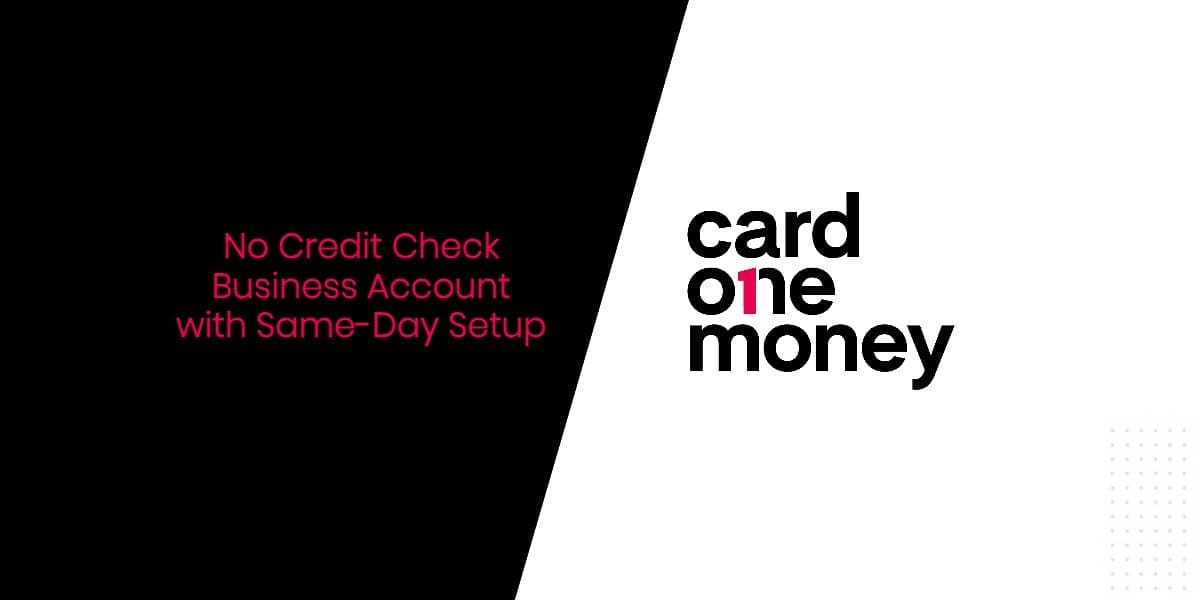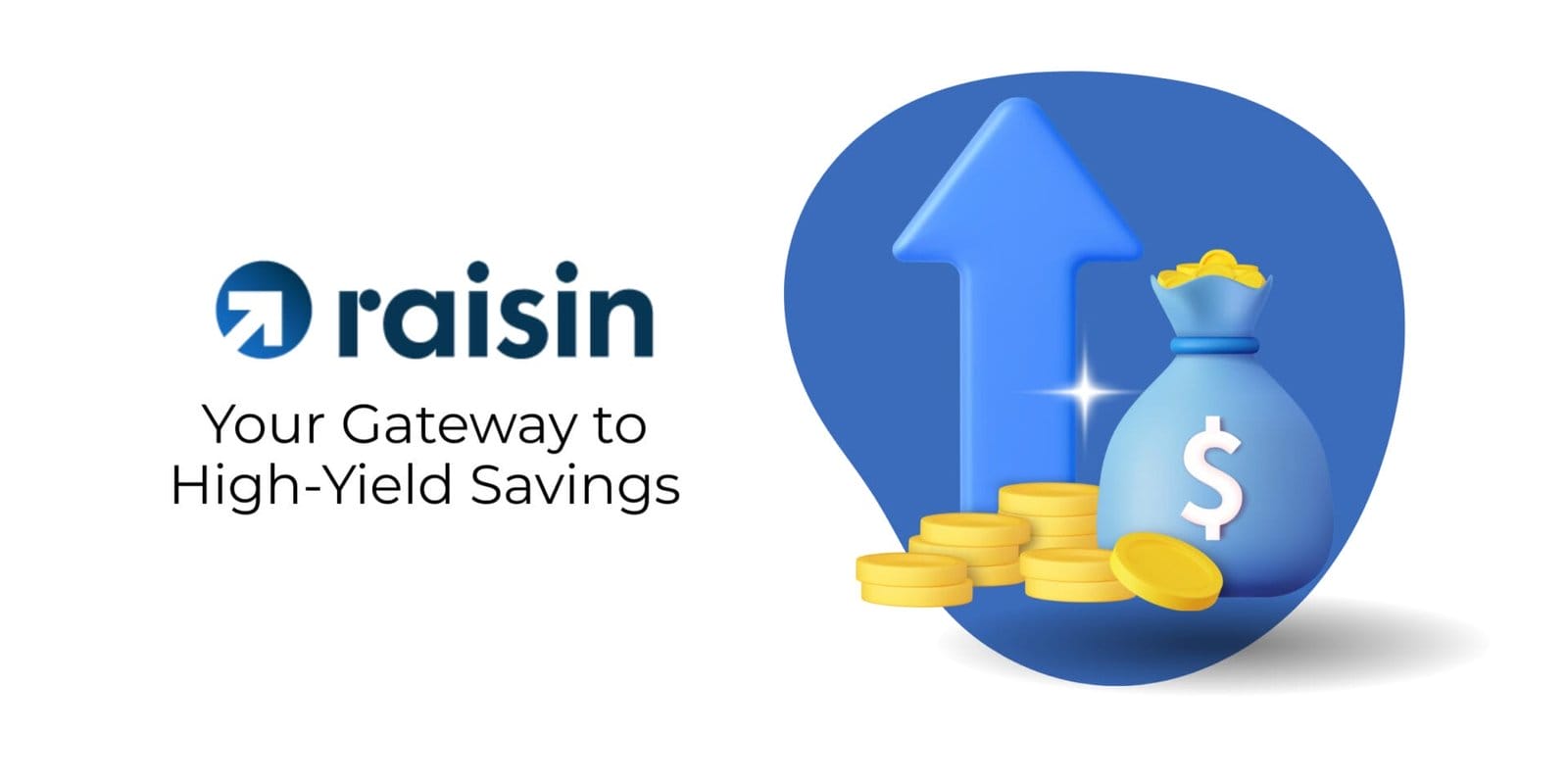Discover the Essential Benefits of Having a Business Bank Account

by Chris M.
January 11, 2024
by Chris M.
January 11, 2024

In today’s competitive business environment, it is important for entrepreneurs to have a dedicated bank account for their businesses. A business bank account offers various benefits, including the separation of personal and business finances, compliance with legal requirements, and simplification of financial record-keeping and tax filing processes.
However, these advantages are just the beginning. By exploring the essential benefits of having a business bank account, you will discover a wide range of features and options that can streamline your financial management and improve your business operations.
So, let’s explore the world of business banking and see how it can transform the way you handle your company’s finances.
- Separate Personal and Business Finances
- Legal Requirement for Limited Companies
- Convenient Money Management on the Go
- Easy Day-to-Day Transactions
- Access to Electronic Payments
- Simplified Direct Debits and Standing Orders
- Tailored Accounts for Different Business Types
- Cost-Effective Options for Business Owners
- Eligibility for Most Business Owners
- Frequently Asked Questions
Having a business bank account provides numerous advantages for business owners. It allows for the separation of personal and business finances, simplifies financial record-keeping and tax filing processes, and offers convenient money management options. Moreover, there are tailored account options available for different types of businesses, ensuring that their specific needs are met. By understanding the benefits and costs associated with business bank accounts, business owners can make an informed decision to enhance their financial management. For instance, a case study of a small business owner who effectively managed their cash flow using a business bank account could illustrate the advantages of having one.
Separate Personal and Business Finances
Separating personal and business finances is an important step for business owners to ensure financial organization and comply with legal requirements.
By maintaining separate bank accounts for personal and business use, business owners can enjoy several benefits.
Firstly, it allows for better financial organization, making it easier to track business expenses and income separately from personal transactions.
This separation also simplifies tax reporting, making it easier to calculate and deduct business expenses during tax season.
Additionally, having a business bank account provides a clear distinction between personal and business finances, which can be helpful in the event of an audit or legal dispute.
Legal Requirement for Limited Companies
Maintaining separate bank accounts for personal and business finances is not only a good practice for financial organization and compliance, but it is also a legal requirement for limited companies. Limited companies are distinct legal entities from their owners and must have a dedicated business bank account.
Here are three reasons why having a business bank account is crucial for legal compliance and financial accountability for limited companies:
- Legal Compliance: Limited companies are obligated by law to have a separate bank account to ensure transparency in financial transactions and prevent the mixing of personal and business funds. This helps in accurately reporting income, expenses, and fulfilling tax obligations.
- Financial Accountability: Having a business bank account allows for better tracking of business income and expenses, facilitating the monitoring of cash flow, preparation of financial statements, and demonstration of financial accountability to stakeholders, including investors, creditors, and regulatory authorities.
- Professional Image: A dedicated business bank account enhances the professional image of a limited company. It instills confidence in customers and suppliers, as they can see that the company operates with financial discipline and transparency.
Convenient Money Management on the Go
Efficiently managing finances while on the move is made easier with the convenience of a mobile app provided by a business bank account. Mobile banking allows business owners to access their account and perform various financial tasks anytime and anywhere.
With just a few taps on their smartphones, they can check their account balance, view transaction history, transfer funds, and even deposit checks. This level of accessibility and convenience empowers business owners to stay on top of their financial organization, even when they are away from their office or computer.
The mobile app also provides real-time updates and notifications, ensuring that business owners are always aware of their financial situation. By utilizing mobile banking, business owners can enjoy the freedom and flexibility of managing their finances on the go.
Easy Day-to-Day Transactions
With the convenience of a mobile app provided by a business bank account, business owners can easily manage their day-to-day transactions and efficiently handle their funds. Here are three benefits of using a business bank account for everyday transactions:
- Fast and Secure Payments: Business bank accounts offer a range of payment options, including electronic transfers and direct debits, ensuring quick and secure transactions. This eliminates the need for cash transactions, reducing the risk of loss or theft.
- Improved Record-Keeping: A business bank account provides detailed statements and transaction histories, making it easier to track income and expenses. This simplifies record-keeping for tax purposes and helps maintain accurate financial records.
- Simplified Reconciliation: By keeping business transactions separate from personal finances, reconciling accounts becomes much simpler. Business bank accounts allow business owners to easily identify and track all business-related transactions, saving time and effort.
Access to Electronic Payments
Business bank accounts offer convenient access to electronic payments, allowing business owners to conduct transactions efficiently and securely.
Online payments provide a range of benefits for businesses. Firstly, they simplify the payment process by eliminating the need for paper checks and manual cash handling. This saves time and reduces the risk of errors or loss.
Additionally, electronic transactions create a digital record of all payments, making it easier to track and manage finances. Businesses can also utilize online invoicing and payment platforms, which offer customizable features and automated reminders. This improves cash flow and reduces the occurrence of late payments.
Furthermore, electronic payments incorporate enhanced security measures, such as encryption and fraud detection systems, ensuring the safety of financial transactions.
Simplified Direct Debits and Standing Orders
Direct debits and standing orders are easily managed and processed through a business bank account, providing businesses with a simple and efficient way to handle recurring payments. Here are three advantages of using a business bank account for these automated transactions:
- Convenience: With a business bank account, businesses can easily set up and manage direct debits and standing orders. They can schedule payments in advance, ensuring that bills and other recurring expenses are paid on time without the need for manual intervention.
- Accuracy: By automating payments through a business bank account, businesses can reduce the risk of errors. This helps to ensure that payments are made accurately and promptly, avoiding late fees or penalties.
- Financial Management: Business bank accounts provide a clear record of all direct debits and standing orders, making it easier for businesses to track their expenses and effectively manage their cash flow. This can assist with budgeting and planning for the future.
Tailored Accounts for Different Business Types
Tailored business bank accounts are specifically designed to meet the unique financial needs of different types of businesses. These customized accounts provide the necessary features and services to effectively manage their finances.
They offer industry-specific options that cater to the specific requirements of businesses operating in various sectors. For instance, a retail business may benefit from a tailored account that offers merchant services and point-of-sale integration, while a construction company may find value in an account that provides specialized invoicing and payment solutions.
Cost-Effective Options for Business Owners
Cost-conscious business owners have a variety of affordable options to consider when choosing a business bank account. Here are three factors to keep in mind when selecting a cost-effective option:
- Compare fees: It’s important for business owners to compare the fees charged by different banks for their business bank accounts. This includes looking at monthly fees, transaction fees, and any additional charges for services like overdraft facilities or international payments.
- Consider usage and features: Business owners should assess their banking needs and determine which features are essential for their operations. For example, if the business has a high volume of transactions, an all-inclusive monthly fee may be more cost-effective. On the other hand, if the business has a low transaction volume, a pay-as-you-go option may be more suitable.
- Value for money: While cost is important, business owners should also consider the value they receive for their money. This includes evaluating the quality of customer service, the availability of online and mobile banking services, and any additional benefits or rewards offered by the bank.
According to our experience and research, considering these factors will help business owners find a cost-effective business bank account that meets their needs.
Eligibility for Most Business Owners
When it comes to determining eligibility for most business owners, it is crucial to understand the requirements set by providers and any exclusions that may apply based on specific industries or types of businesses.
Generally, business bank accounts are available to sole traders, business partnerships, and limited companies. However, it is important to note that certain providers may offer specialized accounts tailored for start-ups, sole traders, charities, and other unique cases.
These eligibility criteria are determined by the providers themselves and may vary among different banks or financial institutions.
While the majority of business owners will be able to open an account, it is advisable to conduct thorough research and compare different options in order to find the best fit for your specific needs and circumstances.
Frequently Asked Questions
What Are the Potential Risks of Not Separating Personal and Business Finances?
Not separating personal and business finances can result in potential risks such as difficulty in tracking expenses, legal issues, and tax complications. Maintaining accurate financial records and keeping personal and business finances separate provide various benefits in terms of clarity, organization, and compliance. It is important to understand the potential risks associated with not separating personal and business finances, as this can have significant implications for both individuals and businesses. By maintaining separate accounts and records for personal and business expenses, individuals can easily track and manage their finances, ensuring that they have a clear overview of their financial situation. This can also help in identifying any irregularities or discrepancies, making it easier to address and resolve any issues. From a legal perspective, separating personal and business finances can help protect individuals from personal liability in the event of legal action against the business. This is especially important for sole proprietors and small business owners, who may be personally liable for any debts or legal claims against their business. Additionally, separating personal and business finances can help simplify tax preparation and compliance. By keeping personal and business expenses separate, individuals can easily identify and deduct business expenses, reducing their taxable income and potentially lowering their overall tax liability. This can also help to avoid any audit-related issues or complications with the tax authorities. Overall, separating personal and business finances is a prudent financial practice that can help individuals and businesses maintain clarity, organization, and compliance while minimizing potential risks. According to our experience and research, it is crucial to establish and maintain separate accounts and records for personal and business finances to ensure financial stability and legal protection.
Are There Any Exceptions to the Legal Requirement of Having a Business Bank Account for Limited Companies?
Exceptions to the legal requirement of having a business bank account for limited companies may exist, but they are rare. There are a few alternatives to a business bank account, such as using a personal account or a prepaid business card. However, it is important to note that these alternatives may not offer the same benefits and protections as a dedicated business bank account. It is crucial for limited companies to carefully consider their options and seek professional advice when it comes to managing their finances.
What Additional Services or Benefits Are Offered by Business Bank Accounts for Specific Types of Businesses, Such as Start-Ups or Charities?
Business bank accounts offer a range of additional services and benefits tailored to specific types of businesses. For start-ups, these accounts provide access to business loans and credit, helping them secure the financial support needed to launch and grow their ventures. Additionally, start-ups can take advantage of simplified tax reporting, making it easier for them to stay compliant with tax regulations.
Charities, on the other hand, benefit from specialized features offered by business bank accounts. They can accept online donations, making it convenient for supporters to contribute to their cause. These accounts also provide efficient tools to track and manage funds, enabling charities to effectively allocate resources towards their mission.
💰 Top Financial Offers 💰
📃 MoneyZoe’s Latest Reviews 💰Start saving money with the best financial services

Card One Money Review 2025: No Credit Check Business Account with Same-Day Setup

MRPeasy Review: Manufacturing Software for Small Businesses

Close CRM Review: Guide to Features, Pricing, and Performance

Flagstone Review 2025: Access 60+ Banks with Rates Up to 4.20% AER

Flagstone Review: Business Savings with High Interest Rates





